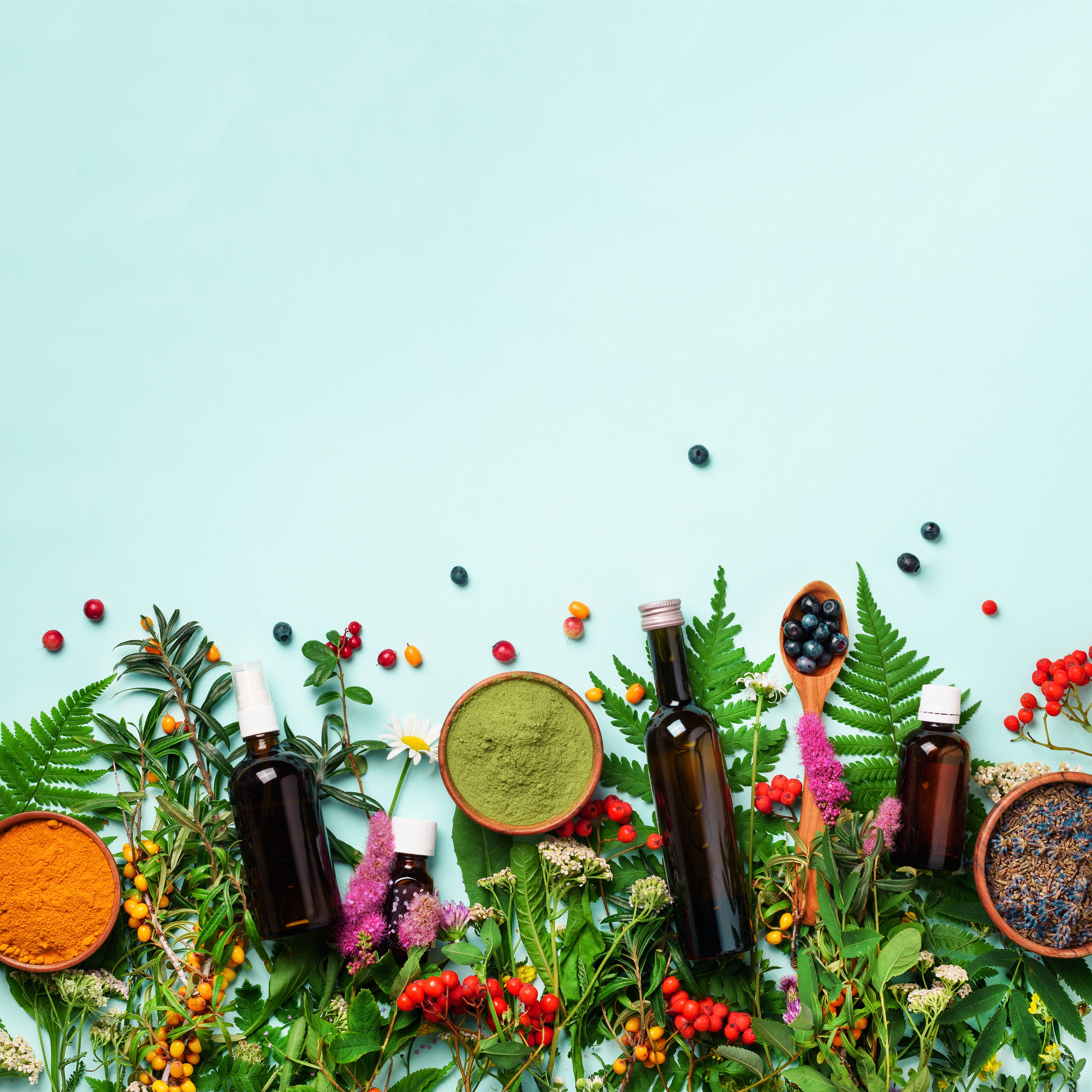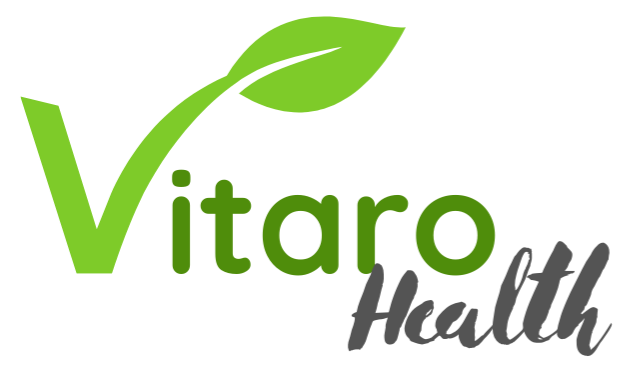
Why Should Vegetarians Take Multivitamins?
Apr 20 , 2021
I get a lot of questions about supplements and understand why people are confused. Years of work on many vegan research projects and scientific and population studies have shown that more and more data, guidelines and recommendations are changing and evolving. This means that the way we grow, produce and consume food is changing, as the demands of the growing population on the systems that produce our food are higher and certain nutrients are more difficult to obtain. What we were told 10 years ago is out of date, and opinions differ depending on where we get our information from.
There is a good reason why we do not wash vegetables before eating them: food production is disinfected and most vegetables are washed with chlorine or other sterilising solutions so that there is no trace of vitamin B12 left. Vitamin B12 comes from bacteria in the soil, and humans and animals get it from eating unwashed plants. People do not know that farm animals get vitamin B12 supplements and that it ends up in their meat.
Vegans can supplement vitamin B12 by eating plenty of vitamin-fortified foods. If you are unsure or not sure if vitamin B12 is a big deal, read this article I wrote about vitamin B12 and vegans. However, if you are still unsure whether you are getting enough of these nutrients or curious about how a vegan diet works, how food allergies and intolerances affect vegans, a recognised nutritionist can assess your diet and offer you personalised nutritional advice.
Some vitamins are of animal origin, while others contain animal products, such as gelatin, derived from animal skin and bones. NatureLos is a great natural supplement brand that offers many vegan vitamins that are gelatin-free. If you are looking for their vegetable multivitamins for women and men, the individual vitamins include vegan vitamin D3 and plant B complex.
Indeed, according to Harvard Medical School, a vegetarian diet can reduce the risk of chronic diseases such as heart disease, cancer, and type 2 diabetes. Read on to understand the risks and limitations of a plant-based diet and why vitamins are difficult for vegetarians to obtain. We have compiled a simple overview of the best vitamin supplements for vegetarian and vegan diets.
If you are committed to a vegetarian or vegan lifestyle in the long term, a personalized vitamin plan can help you achieve your health goals. Check your current diet and consult a doctor to determine whether a supplement is necessary to prevent vitamin deficiency.
Dr Barnard said in one of the articles that multivitamins can play a role if you know you're not eating enough wholesome plant-based food. I do not take a multivitamin, but I will say that supplementing with vitamin D, zinc and iodine is one of these things (long history), and I have learned that my body needs help with zinc and iodine from a healthy diet. Both Barnard and Dr. Esselstyn say you may need to supplement with vitamin D. For example, if you live somewhere where there is not much sun, sunshine is a good source of vitamin D for vegans.
Question: As a vegetarian, if you know that you are lacking certain vitamins and minerals from your diet, as listed in my recommendations above, you should talk to your doctor about how to test your levels. For example, if you do not eat eggs, you may need to supplement yourself with important nutrients such as choline, DHA and B12.
There is enough data to justify the restrictions on vegetarian diets. Most people who eat a balanced and healthy diet are likely to have sufficient amounts of vitamins and minerals in their diet. Our scientific community has come a long way in identifying which nutrients are missing from plant-based diets. We try to get a better picture of the nutrients that multivitamins can get from vegetarian foods, and the lack of a nutrient can make supplementation more difficult.
Vegetarian and plant-based diets can provide you with higher levels of vitamins and minerals because they eliminate certain foods of animal origin that contain more bioavailable forms of certain nutrients. Taking multivitamin daily with the right nutrients can help fill these gaps and help you achieve your long-term health goals. Remember that multivitamins are called dietary supplements because they complement your diet and are not intended to replace or replace a balanced diet.
Most people who eat a balanced and healthy diet obtain sufficient amounts of vitamins and minerals from their diet. But as vegetarians, many of us wonder if we are getting all the vitamins and nutrients we need for our bodies to function properly, and reaching for a multivitamin seems to be a simple solution. In this survey, the two most important reasons for taking multivitamins are to close nutritional gaps and to contribute to optimising their health.
Many of us wonder whether we get the food we need from the food we consume in order for our bodies to function properly. Vegetarians are filling in the nutritional gaps that are most troubling. A vegetarian diet is rich in many of the essential phytonutrients (vitamins, minerals, fiber and nutrients synthesized by the living body) found in eggs, meat, fish and dairy products.
For most vegans and vegetarians, it is best to take it as a supplement in the form of a multivitamin. The aim is to achieve an RDA of 24 micrograms or more, especially for pregnant and lactating women. It is worth mentioning that Multi is not vegan as it is made from animal products such as gelatin, which is derived from the skin, cartilage and bones of animals. With the exception of nutritional yeast and other fortified foods such as vegetable milk and cereals, it comes from animal foods.
If you think you have iron deficiency, look for signs of fatigue, paleness, weakness and chronic cold in the extremities. If a multivitamin contains iron, scan your label to make sure it does. Important to note: Do not take iron supplements unless instructed by your doctor to do so to treat iron deficiency. We love vegan certified multivitamins, which are available in versions for women between 18 and 50 and prenatal.
